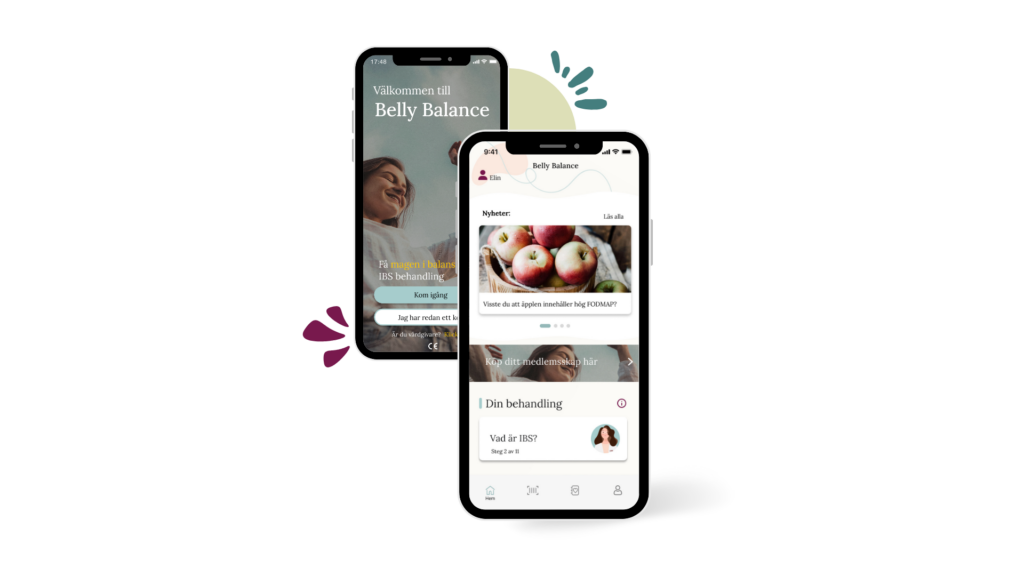Artifical sweeteners and gut flora
The World Health Organization (WHO) has recently issued a recommendation regarding the use of artificial sweeteners, specifically advising against their use for weight management or reducing the risk of noncommunicable diseases. This recommendation has sparked significant interest in the health effects of these substances, particularly in relation to gut microbiota, which plays a crucial role in digestion, immunity, and overall health.
WHO's Recommendation on Artificial Sweeteners
In May 2023, the WHO released new guidelines suggesting that non-nutritive sweeteners (NNS) should not be used as a long-term strategy for weight management or to reduce the risk of chronic diseases like obesity, type 2 diabetes, and heart disease. This was based on evidence that showed no clear benefit in terms of weight loss or metabolic health. Moreover, the use of these sweeteners could lead to potential negative health effects.
Impact on Gut Flora
One area of concern that has emerged in recent research is the impact of artificial sweeteners on the gut microbiome. The gut microbiota consists of trillions of bacteria and other microorganisms that are crucial for many bodily functions. Studies have shown that artificial sweeteners can alter the composition and function of gut microbiota, potentially leading to negative health outcomes.
- Alteration of Gut Microbial Composition: Some studies suggest that certain artificial sweeteners, such as aspartame, sucralose, and saccharin, can disrupt the balance of beneficial and harmful bacteria in the gut. For example, sucralose has been shown to reduce the diversity of gut microbes, while other artificial sweeteners may promote the growth of bacteria that are linked to metabolic disorders.
- Changes in Metabolism: Research has indicated that artificial sweeteners may interfere with the normal functioning of the gut microbiota, leading to alterations in metabolism. In animal studies, artificial sweeteners have been shown to increase glucose intolerance, which can contribute to the development of conditions like obesity and diabetes. Although the findings in humans are still debated, some evidence suggests that the gut microbiome’s response to artificial sweeteners may play a role in these metabolic changes.
- Immunological Effects: The gut microbiota is closely tied to the immune system, and changes in the gut microbiome caused by artificial sweeteners could influence immune responses. For instance, an altered microbiome may increase the likelihood of inflammation, which is associated with many chronic diseases, including cardiovascular conditions.
- Gut-Brain Axis: The gut microbiome also communicates with the brain through the gut-brain axis. Disruptions in the microbiome due to artificial sweeteners may affect this communication, influencing appetite regulation and food preferences. This could have implications for weight management, potentially leading to overconsumption of calories despite the use of low-calorie sweeteners.
Fructans in soft drinks
New analyses from Monash University shows that both Coca-Cola and other soft drinks, reglurar and diet, contains fructans. Therefor we recommend to limit intake during the elimination phase and then drink a maximum of 200 ml. Read more here.
Conclusion
The WHO’s recommendation against the use of artificial sweeteners for long-term weight management aligns with growing evidence suggesting that these substances can have unintended consequences on gut health. By altering the gut microbiome, artificial sweeteners could contribute to metabolic changes, inflammation, and potentially undermine the benefits people seek from using them as a substitute for sugar. While more research is needed to fully understand the extent of these effects, the WHO’s guidance encourages individuals to reconsider their use of artificial sweeteners and prioritize healthier alternatives, such as whole foods and balanced diets, to support overall health and well-being.
Sofia Antonsson
Reg. Dietitian, Belly Balance

We help you get your stomach back in balance
In the Belly Balance app, we help you regain control over your troubled stomach. Experienced dietitians and doctors have together created a well-functioning tool with several features to give you the chance to live your life normally again.





